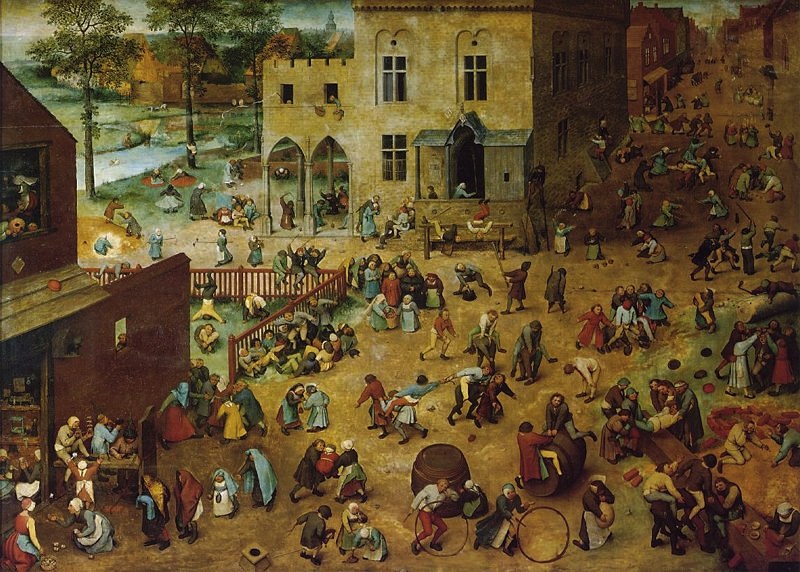The Only Courage We Need
Jennifer Vasquez
 All other creatures in my house are asleep — man, baby, beast. The thought crosses my mind that I am the one deserving an afternoon nap. But what do I really deserve? Do I deserve a handsome and loving husband, a beautiful child, home appliances, books to read, and a pantry full of food?
All other creatures in my house are asleep — man, baby, beast. The thought crosses my mind that I am the one deserving an afternoon nap. But what do I really deserve? Do I deserve a handsome and loving husband, a beautiful child, home appliances, books to read, and a pantry full of food?
My culture tells me I deserve it. I deserve to get my nails done, to buy expensive coffee drinks, and especially, to make my own choices. The cup holder on my expensive coffee drink even proclaims, "The only courage you need is the courage to live the life you want."
How could a thinking person possibly make that statement? Do those refugees watching their children die of starvation need only courage? Does that legless man begging on the street corner need only this courage? Does the orphaned girl left to fend for herself in the street or brothel need only this courage? Do I, faced with challenges and struggles great and small, need only this courage?
I could perhaps live the "life I want" by withdrawing from all relationships and commitments, living alone. But the suffering that flows from this fallen world and my own sin will still find me. However, thankfully, it doesn’t just find me. Suffering takes me out of myself and points me to my need of grace. Without that grace, I would just be more self-centered, more self-absorbed, and more self-focused.
The only courage I need is to enter each day with my sleeves rolled up, ready to get dirty — but not with a "can do" attitude. I can't do it. Someone has to do it for me. Someone has to be my strength and courage, receiving my praise and thanksgiving for choosing the “life I want” and need.
My thoughts drift back to the stillness of the house, and I realize that this quiet moment was a given beat of rest — a chance for a breath before diving back into the open water in which I live, move, and have my being.
(Photo by Martine Franck)


